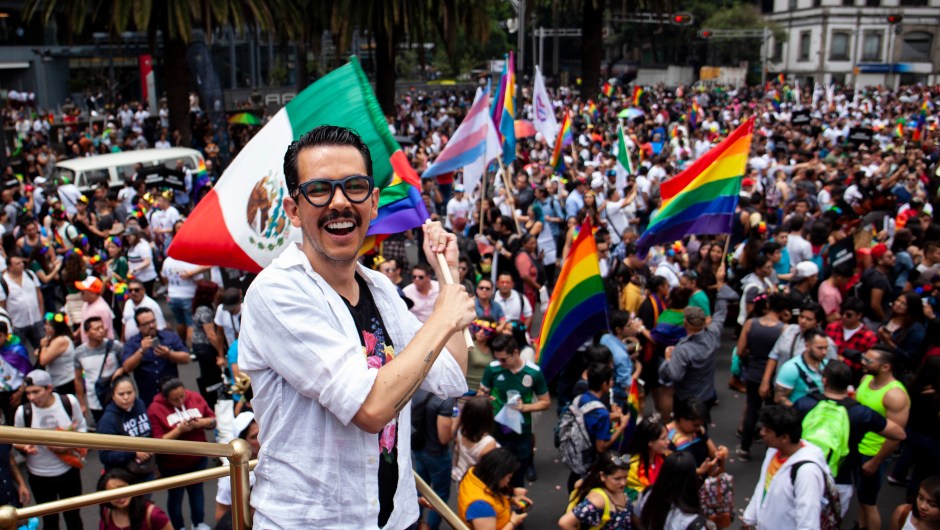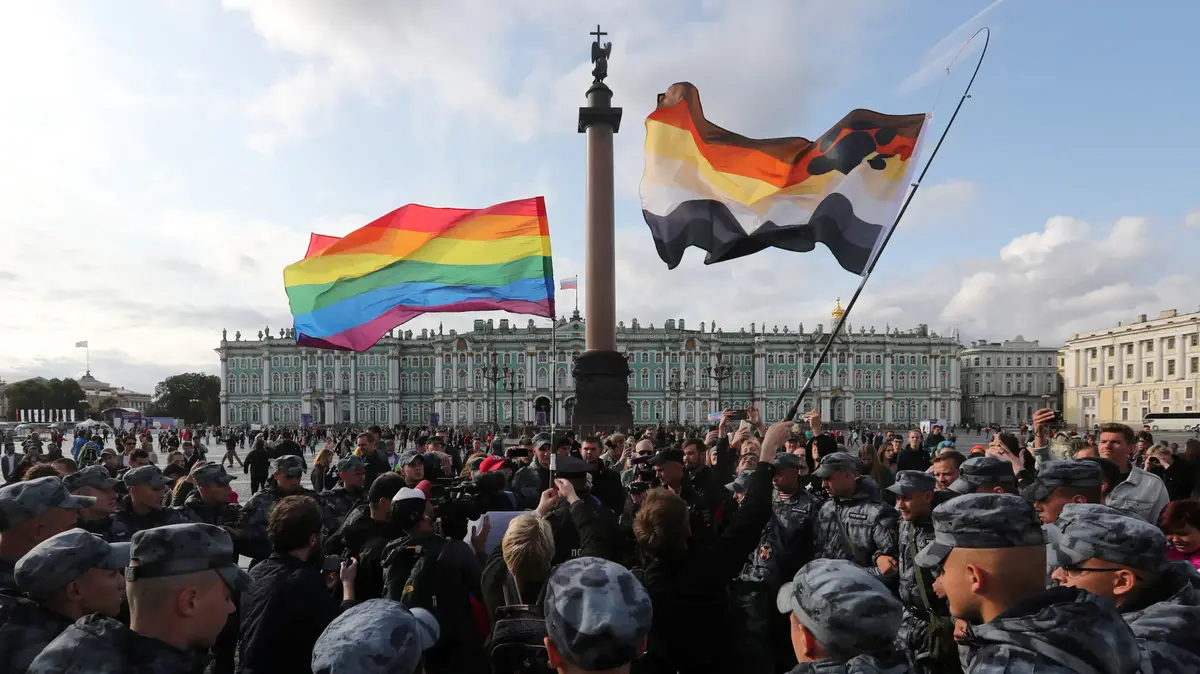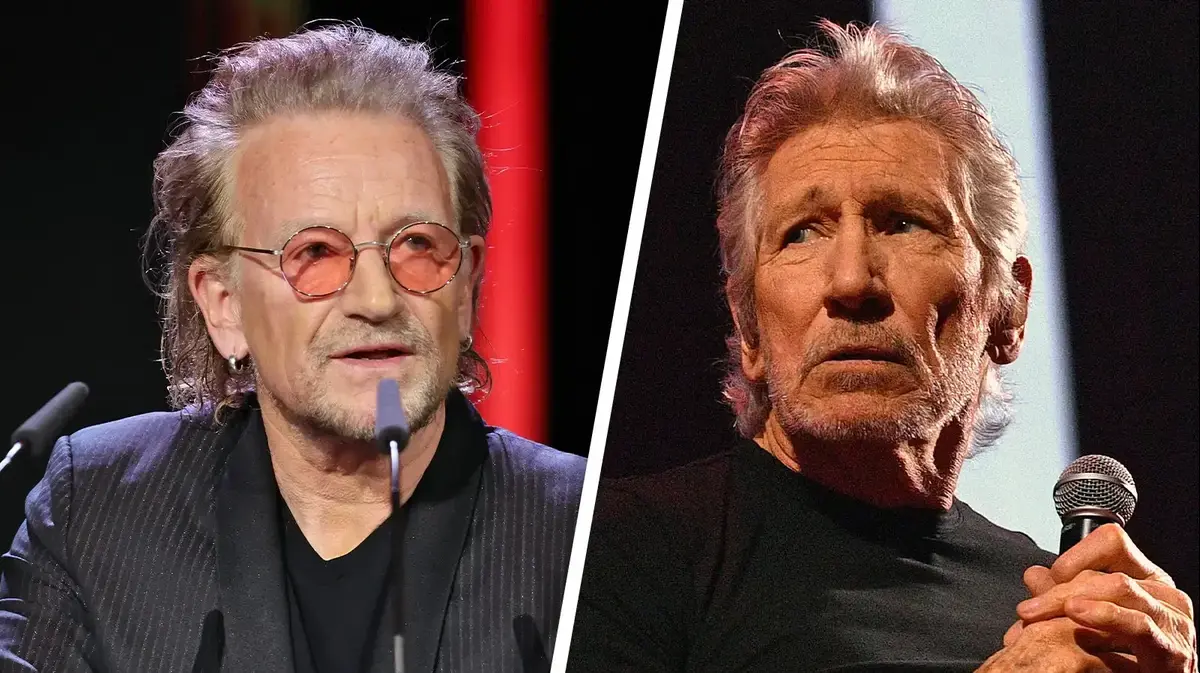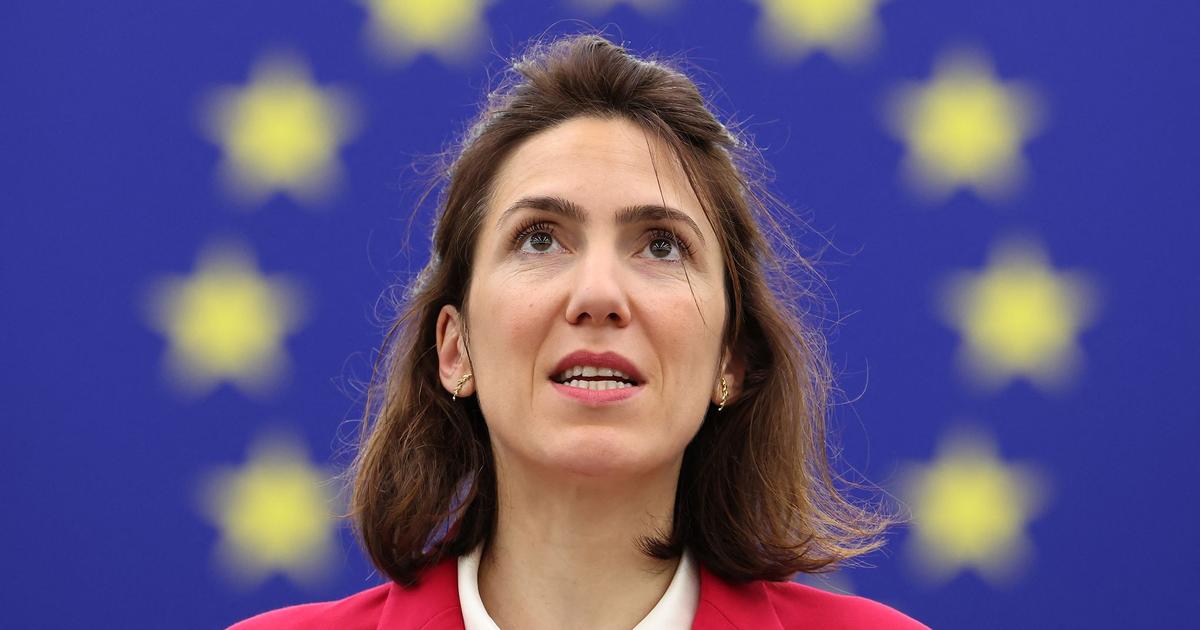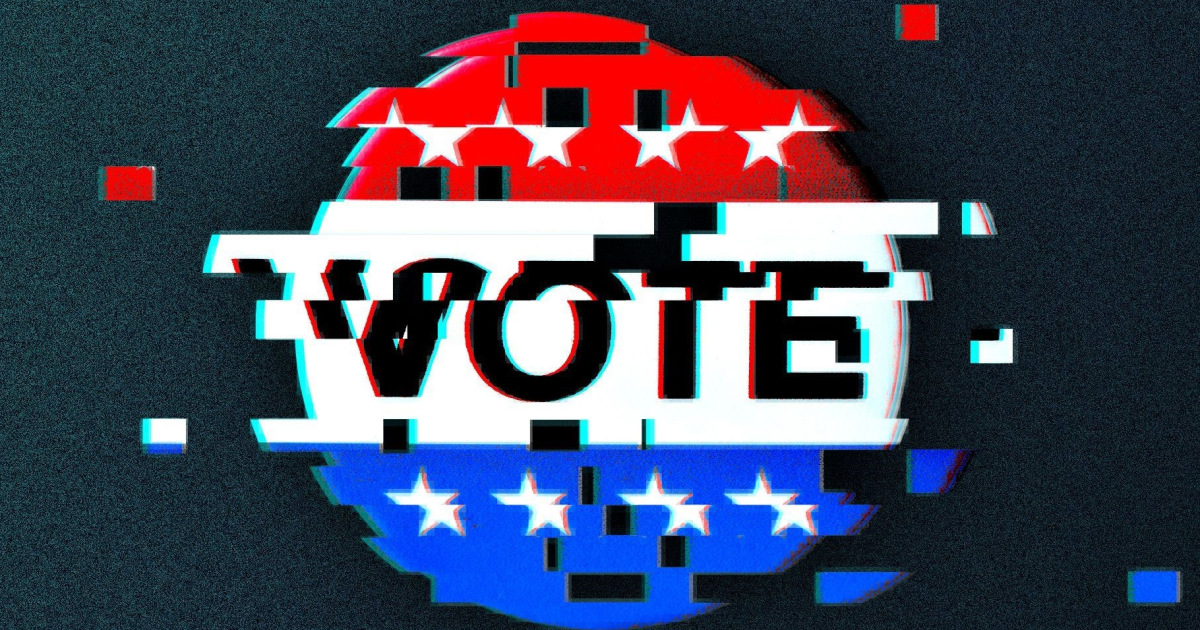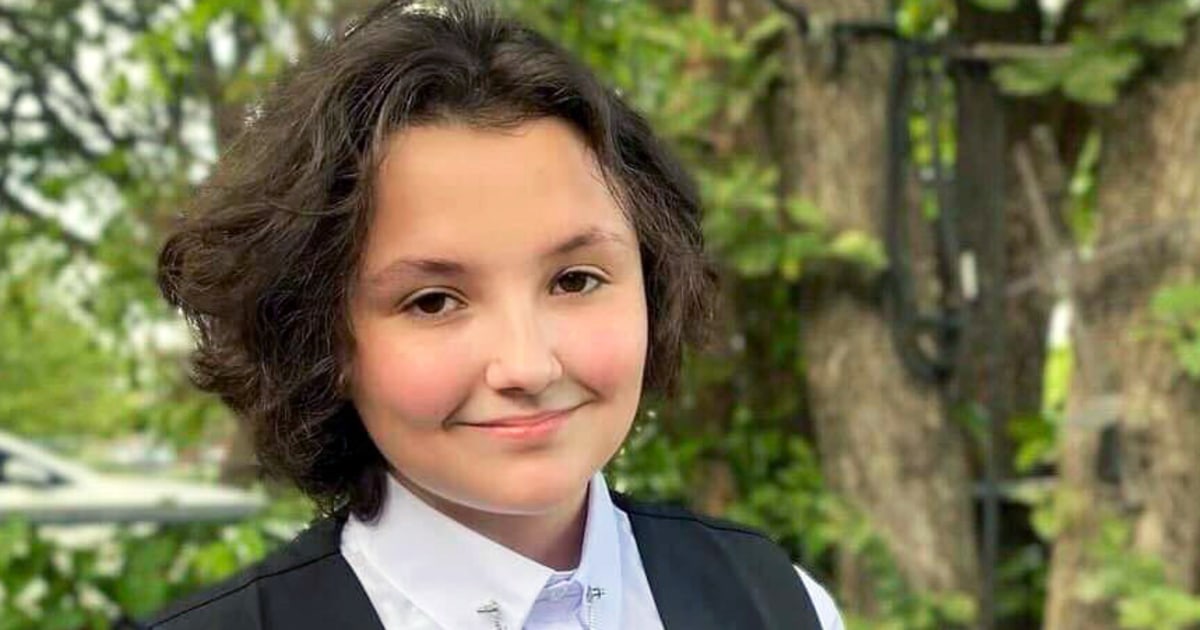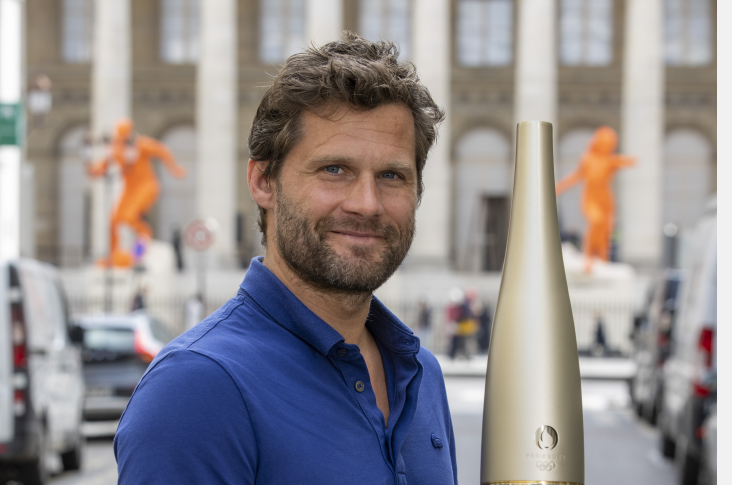Gay Pride Month: What you should know about the celebration 1:25
(CNN) ---
June is Pride Month, when the world's LGBT communities come together and celebrate the freedom to be themselves.
Gatherings around LGBT Pride are rooted in the arduous history of minority groups who have struggled for decades to overcome prejudice and be accepted for who they are.
The original organizers chose this month to honor the June 1969 Stonewall uprising in New York City, an event that helped launch the modern gay rights movement.
Most Pride events take place in June each year, although some cities hold their celebrations at other times of the year.
1 of 10
|
LGBT Pride Month: This is how it will be celebrated in several countries |
Most of the 2020 LGBT Pride events have been canceled due to the covid-19 pandemic.
However, parades and other celebrations will return this year to various cities around the world physically and virtually.
In this image, a Venezuelan participates in the annual Christopher Street Day gay pride parade in Berlin on July 22, 2017. (Credit: JOHN MACDOUGALL/AFP via Getty Images) →
2 of 10
|
Mexico City: In the face of the current covid-19 pandemic, the LGBTTTI+ Pride March in Mexico City will be held on Saturday, June 26 in a virtual format.
(Credit: Pedro Mera/Getty Images)
3 of 10
|
Lima: Due to the covid-19 pandemic, the Pride March in Lima, Peru will be held virtually on June 26 starting at 4:00 pm local time.
(Credit: GERALDO CASO/AFP via Getty Images)
4 of 10
|
Bogotá: At least two marches will take place in the Colombian capital as part of the LGBTI Pride month celebrations.
The first will take place on Sunday June 13 at 09:00 am (local time) and the second march will take place on July 4 at 2:00 pm (local time).
(Credit: GUILLERMO LEGARIA/AFP via Getty Images)
5 of 10
|
Medellín: The march in the Colombian city will be held in person on July 4.
(Credit: JOAQUIN SARMIENTO/AFP via Getty Images)
6 of 10
|
Madrid: On Saturday, July 3, the LGBT Pride demonstration will be physically held in Madrid "in a safe and responsible manner, taking into account the context of the pandemic in which we still find ourselves".
(Credit: GABRIEL BOUYS / AFP via Getty Images)
7 of 10
|
San Francisco: Instead of its famous march, the US city of San Francisco will hold a series of "limited in-person events while strictly adhering to current safety protocols."
These events will take place throughout the month of June.
(Credit: Justin Sullivan/Getty Images)
8 of 10
|
New York: A virtual march will take place in the Big Apple on June 27, along with a series of events throughout the month.
(Credit: Spencer Platt/Getty Images)
9 of 10
|
Los Angeles: Like other cities in the United States, Los Angeles will have a variety of virtual events throughout the month of June, but the physical march will not take place because "there was no way of knowing that far in advance if the restrictions on mass gatherings would be lifted in June.
(Credit: AGUSTIN PAULLIER/AFP via Getty Images)
10 of 10
|
Miami: From September 10 to 19, Miami Beach Pride will take place, a Pride festival and parade that usually takes place in April.
(Credit: Joe Raedle/Getty Images)
Who celebrates it?
LGBT Pride events cater to anyone who feels their sexual identity falls outside the mainstream, though plenty of straight people join in as well.
Biden recognizes LGBTQ pride month and is trending 0:58
LGBT is an acronym that stands for lesbian, gay, bisexual, and transgender.
The term is sometimes extended to LGBTQ, or even LGBTQIA, to include queer, intersex, and asexual groups.
Queer is a generic term for non-heterosexual people;
intersex refers to those whose sex is not clearly defined due to genetic, hormonal, or biological differences;
and asexual describes those who do not experience sexual attraction.
advertising
These terms can also include people who are gender fluid, or those whose gender identity changes over time or depending on the situation.
A Venezuelan participated in the annual LGBT Pride parade in Berlin on July 22, 2017. Credit: JOHN MACDOUGALL/AFP via Getty Images
How originated?
In the early hours of June 28, 1969, police raided the Stonewall Inn, a gay bar located in New York's Greenwich Village, and began herding patrons outside.
Tensions quickly rose as patrons resisted arrest and a growing crowd of bystanders pelted officers with bottles and coins.
New York's gay community, fed up with years of harassment by authorities, erupted in neighborhood riots that lasted three days.
50 years ago, the gay pride parade was born: this is what it looked like in the early years
The uprising became a catalyst for an emerging movement fighting for gay rights when organizations such as the Gay Liberation Front and the Alliance of Gay Activists were formed, modeled after the civil rights movement and the gay rights movement. Women rights.
Members staged protests, met with political leaders, and disrupted public meetings to hold those leaders accountable.
A year after the Stonewall riots, the country's first Gay Pride marches were held.
In 2016, the area around the Stonewall Inn, which remains a popular nightspot, was designated a national landmark.
Stonewall, the bar where LGBTQ pride was born 1:26
Where does the name Pride come
from
?
Brenda Howard, a New York bisexual activist nicknamed the "Mother of Pride," is credited with organizing the first Pride parade to mark the first anniversary of the Stonewall uprising.
What is the origin of the rainbow flag?
In 1978, San Francisco City Supervisor Harvey Milk, one of the first openly gay elected officials in America, commissioned artist and designer Gilbert Baker to make a flag for the city's upcoming Pride celebrations.
Baker, a noted gay rights activist, gave a nod to the stripes on the American flag, but drew inspiration from the rainbow to reflect the many groups within the gay community.
A subset of flags represents other sexualities on the spectrum, such as bisexual, pansexual, and asexual.
The fabulous story of the rainbow flag 1:39
Can I participate in Pride events if I am not LGBT?
Yes. Pride events welcome allies from outside the LGBT community.
They are opportunities to show support, observe, listen and educate yourself.
This report was originally published in 2021.
LGBT Community Gay Pride Parade

